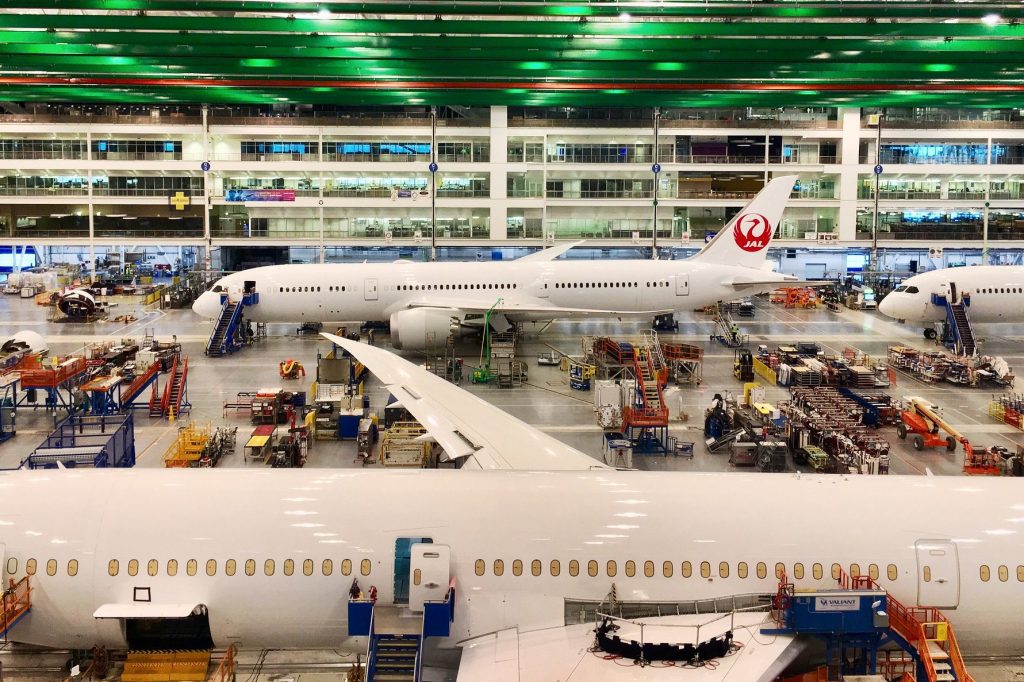Boeing is facing mounting pressure from Washington to reform its safety and manufacturing protocols in response to recent allegations of structural integrity issues with the 787 Dreamliner and 777 aircraft. Senator Richard Blumenthal expressed concerns about Boeing’s safety culture and practices during a hearing on the matter. Boeing engineer Sam Salehpour, who made allegations about the aircraft not being assembled to code, testified at the hearing and called for grounding the 787. Salehpour claimed to have analyzed Boeing’s own data, indicating manufacturing shortcuts on the 787 program that may compromise airplane safety.
Boeing refuted Salehpour’s claims, stating confidence in the safety of the 787 Dreamliner and 777 aircraft. The company highlighted the safety record of the global 787 fleet and rigorous testing conducted on the fuselage. Boeing held a press conference defending the production process of the aircraft and stating that recent changes did not affect durability or structural integrity. Salehpour alleged that after raising concerns about the 787 program, he was moved to the 777 program where he observed improperly installed parts, but Boeing did not respond to these retaliation allegations.
Following the testimony and allegations, a growing number of senators are calling for more accountability from Boeing. Senator Blumenthal emphasized the need for Boeing to restore its reputation for engineering and safety, which has been overshadowed by recent incidents. The Senate subcommittee has called on Boeing CEO Dave Calhoun to testify regarding the allegations, although he was not present at the hearing. Senator Ron Johnson also called for a detailed investigation into Boeing, airline maintenance practices, and potential regulatory oversight by the FAA and government agencies. The ongoing scrutiny from Washington reflects a push for greater transparency and accountability in the aviation industry.
The allegations of safety and manufacturing issues at Boeing have raised concerns about the potential risks to passengers and aviation safety. Salehpour’s claims about manufacturing shortcuts and improper installation of parts highlight the importance of stringent quality control measures in aircraft production. Boeing’s response defending the safety record of the 787 and 777 aircraft suggests a commitment to maintaining confidence in their products despite the allegations. However, the call for further investigation and accountability from senators indicates a need for greater oversight and regulatory scrutiny in the aerospace industry.
The broader implications of the allegations against Boeing extend beyond the company itself to the entire aviation industry. The Senate hearings and demands for accountability reflect a desire to prevent safety lapses and ensure that manufacturers uphold the highest standards of quality and safety in aircraft production. The investigation into Boeing’s practices, as well as potential regulatory oversights, underscores the importance of transparency and accountability in maintaining public trust in the aerospace sector. Addressing the concerns raised by whistleblowers like Salehpour and implementing reforms to enhance safety protocols will be essential for restoring confidence in Boeing and the aviation industry as a whole.


